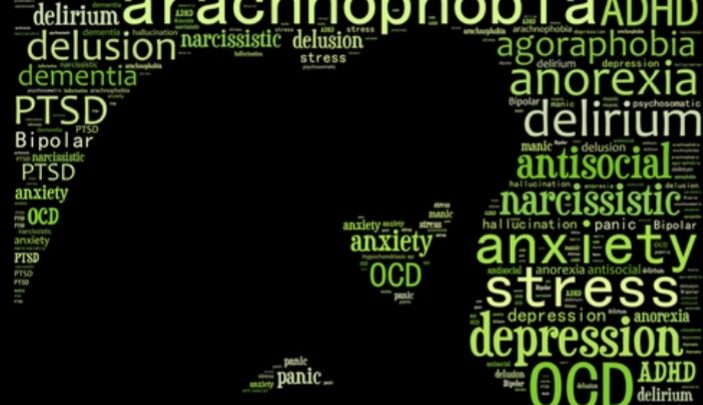Mental disorders on the increase

A stable state of the mind is what qualifies one to be considered as being in a state sanity. Studies however point to numerous factors as contributing towards people developing mental disorders. Mental health experts believe due to the tough economic climate prevailing in Zimbabwe mental health disorder is emerging as problematic.
Observers point to scenarios where citizens unconsciously talk to themselves owing to unstable minds. As the rise in prices of fuel and basic commodities sinks in, citizens were left with more questions as they seek to find solutions as to how they can best ensure they fend for their families.
Recently the cost of fuel shot up to $4.97 a litre with the prices of basics such as bread rising to $3,50. With the salaries of many employees having remained stagnant in recent months despite an increase in prices there has been the emergence of stress among parents thus grossly contributing to mental disorders. Restlessness can be pointed out as a mental health concern despite widely held notions that mental disorder only applies to mental insanity of a high level.
In the developed world institutions have developed therapy and counselling programs for people suffering from issues relating to mental health. In Zimbabwe mental health is however not taken too seriously although stress largely contributed to detrimental conditions such as high blood pressure and strokes. Depending on how one manages to manage stress and bp, if not properly attended one bears the risk of losing their life.
Mental illness refers to a wide range of mental health conditions — disorders that affect your mood, thinking and behavior. Examples of mental illness include depression, anxiety disorders, schizophrenia, eating disorders and addictive behaviors.
Many people have mental health concerns from time to time. But a mental health concern becomes a mental illness when ongoing signs and symptoms cause frequent stress and affect your ability to function.




